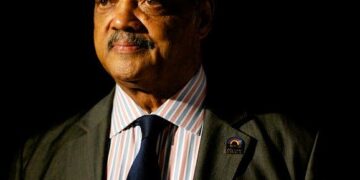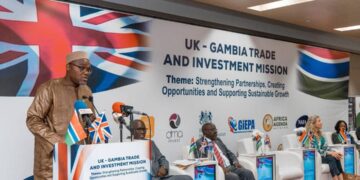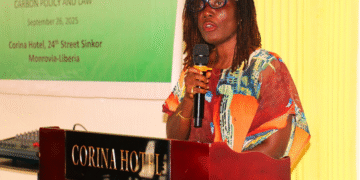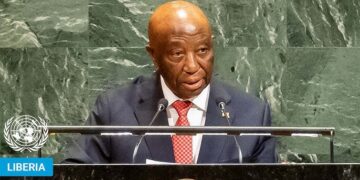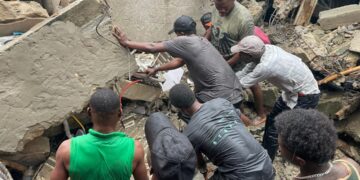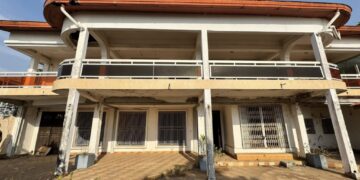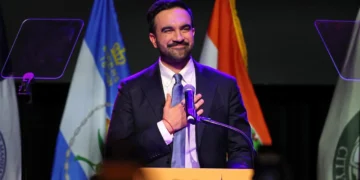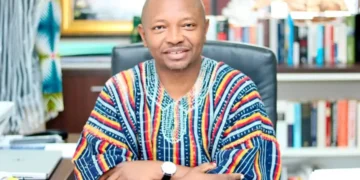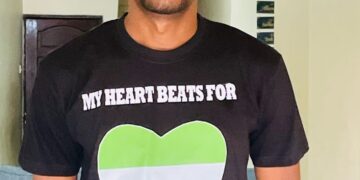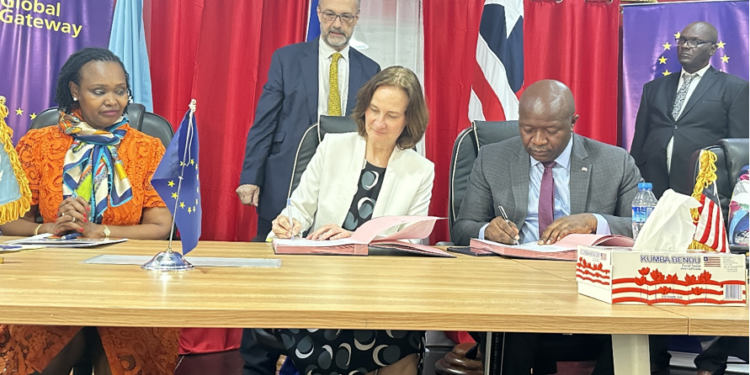As USAID suspends worldwide aid, the European Union awards Liberia $21 million in new finance agreement. Erica Gerretsen, EU Director for Human Development, Migration, Governance, and Peace, and Liberia’s Finance Minister signed the agreement.
According to Gerretsen, the grant is not a loan but meant to support Liberia’s civil society. “We are signing two new financing agreements that are very important to our cooperation,” Gerretsen said. Furthermore, she highlighted that the first agreement aims to strengthen Liberia’s coordination mechanisms to maximize development cooperation between the EU and Liberia.
Two key components of the $7.3 million support program aim to strengthen Liberia’s civil society engagement. Building the capacity of civil society organizations (CSOs) and nongovernmental organizations (NGOs) to promote social cohesion.
One of the EU Spotlight Initiative agreements, worth $13.6 million, addresses violence against women and girls in Liberia. Four key pillars are included: legislation and policies, institutional strengthening, social norms and economic empowerment, service provision, and supporting civil society organizations.
Gerretsen affirmed that the EU’s support for Liberia is long-term, stating, “The signing of this financing agreement is a signal that we are a reliable partner to Liberia.” The new funding will be implemented by UN Women, UNFPA, and UNDP, with a focus on fostering good governance, gender equality, and sustainable development. Each year, the EU contributes $100 million to Liberia in aid.
Finance Minister Augustine Ngafuan appreciated the EU’s grant, acknowledging its critical timing. He emphasized that despite the cuts in USAID support, Liberia will continue to thrive with the backing of the EU and other partners. “The EU has been with us through thick and thin, and we are confident that we will overcome this challenge,” Ngafuan stated. He expressed optimism, noting, “The world sometimes faces shocks, but it has a way of returning to equilibrium. In 2013-2014, Liberia survived the Ebola crisis, and we overcame the COVID-19 pandemic with the support of our partners. This too shall pass.”
To mitigate the impact of USAID cuts, Ngafuan outlined several measures, including efforts to boost domestic revenue through a transition from a goods and services tax to a value-added tax (VAT), which will be implemented in 2026. The initial funding for this VAT transition had been provided by USAID before the cuts.
In January, US President Donald Trump announced he would suspend USAID’s foreign aid, cancelling nearly 10,000 grants and contracts. The U.S. has been the world’s biggest foreign aid donor, contributing more than $43 billion in 2024.
USAID funds about half of Liberia’s national budget – around $100 million annually. U.S. aid suspension has affected local NGOs. WONGOSOL, the umbrella organization for women’s organizations in Liberia, has launched a nationwide survey to assess how USAID cuts impact women-led organizations.
By: Evelyn Kpadeh Seagbeh

